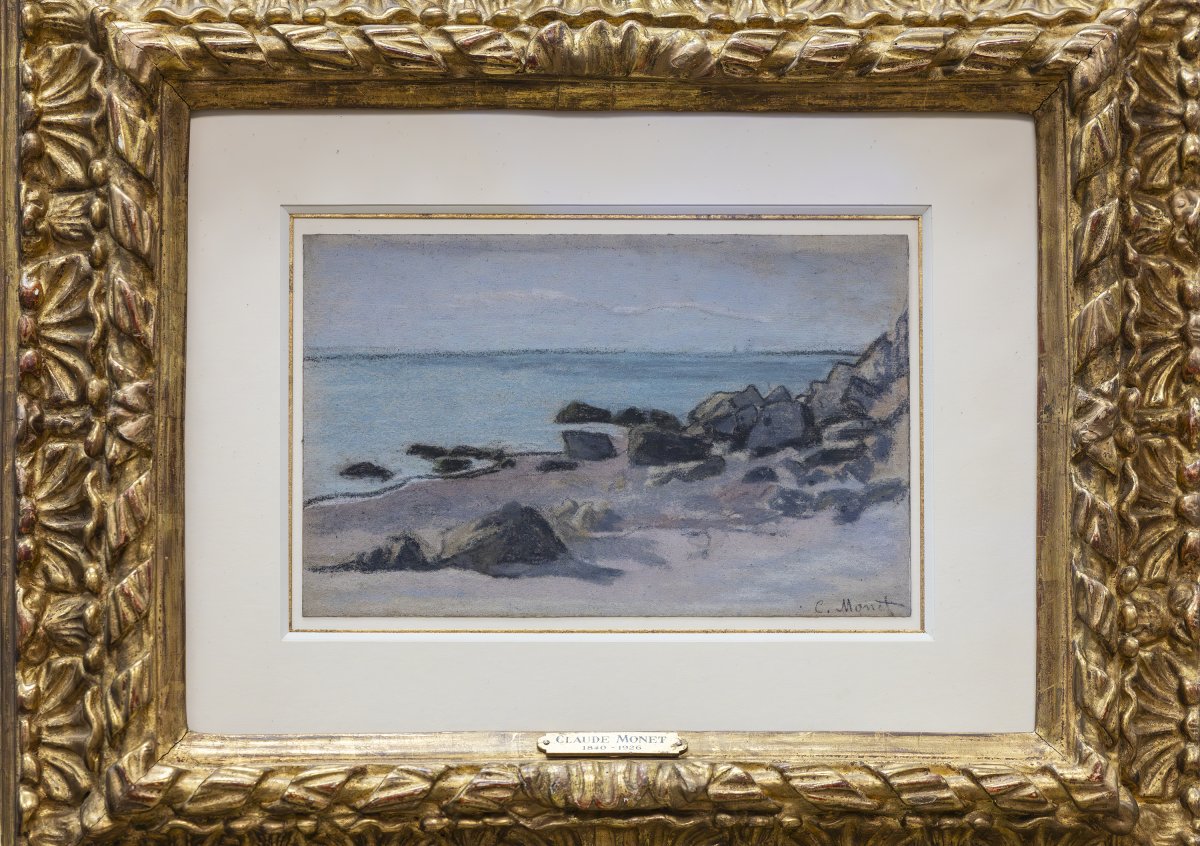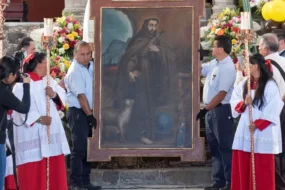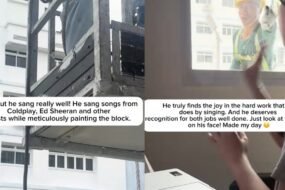
A painting from Claude Monet that was previously stolen by Nazis was returned to a family this week after missing for more than 80 years.
At an FBI field office on Wednesday, agents unveiled the long-lost Monet pastel, hidden for over 80 years, and handed it back to Adalbert Parlagi’s granddaughters. Helen Lowe, one of the recipients, reflected on the moment, saying she believed her grandfather would be watching and “so, so proud” of the artwork’s return.
Monet’s 1865 “Bord de Mer,” a pastel depicting the rocky shores of Normandy, holds historical significance as the region where Allied forces launched the pivotal D-Day invasion in 1944. The artwork is among 20,000 pieces recovered by the FBI Art Crime Team, part of a vast trove of 600,000 artworks and millions of books and religious artifacts looted by the Nazis during World War II.
“The theft was not random or incidental, but an integral part of the Nazis’ plan to eliminate all vestiges of Jewish life in Germany and Europe, root and branch,” Stuart E. Eizenstat, the U.S. State Department Holocaust adviser said in a speech in March.

Chris Granger/The Times-Picayune/The New Orleans Advocate via AP/Chris Granger/The Times-Picayune/The New Orleans Advocate via AP
In 1938, after Nazi Germany annexed Austria, Adalbert Parlagi, a successful businessman and art enthusiast, fled Vienna with his wife, Hilda, leaving behind nearly everything they owned. Using British license plates, the couple crossed the border, their granddaughters recounted. Though the Parlagis had long stopped identifying as Jewish and raised their children as Protestants, Nazi laws still classified them as Jewish, according to Austrian records. Other family members were not as fortunate, perishing in concentration camps.
The Parlagis had tried to send their valuable carpets, porcelain and artworks from Vienna to London, but they later discovered that the Gestapo had seized their property. The items were auctioned off to fund the Nazi regime’s efforts.
International efforts to condemn the trade of Nazi-looted art date back to 1943, when Allied forces in London first denounced the practice. In 1998, the Washington Principles, signed by over three dozen countries, reinforced this stance and pushed for the restitution of stolen artworks.
Adalbert Parlagi’s attempts to recover his artwork were blocked by the Vienna auctioneer who had purchased and resold his Monet pastel along with another piece. In a letter sent to Parlagi shortly after World War II, the auctioneer claimed that records had been lost during the fighting in Vienna, according to a translated document from an Austrian government body reviewing the Parlagi family’s restitution claims.
Anne Webber, co-founder of the London-based nonprofit Commission for Looted Art in Europe, noted that many World War II survivors and their descendants eventually abandon efforts to recover stolen artwork due to the immense challenges involved. The organization has successfully recovered more than 3,500 looted pieces.
This article includes reporting from The Associated Press.










